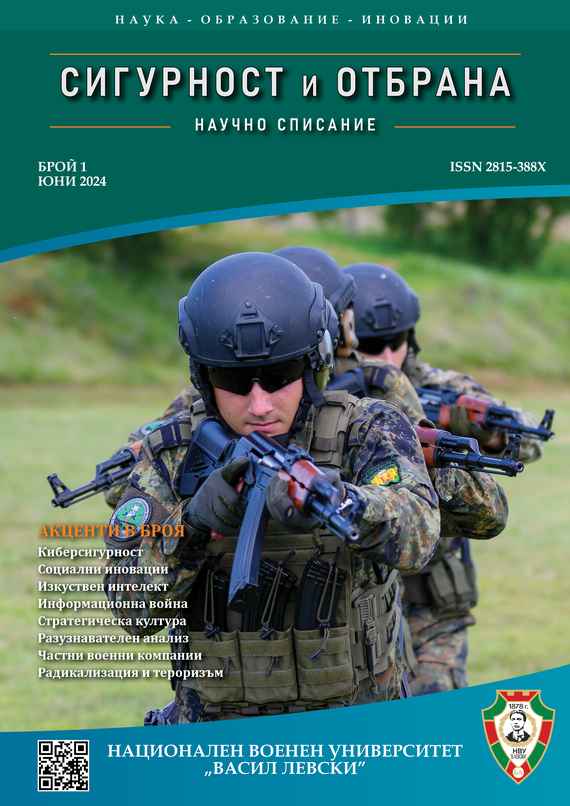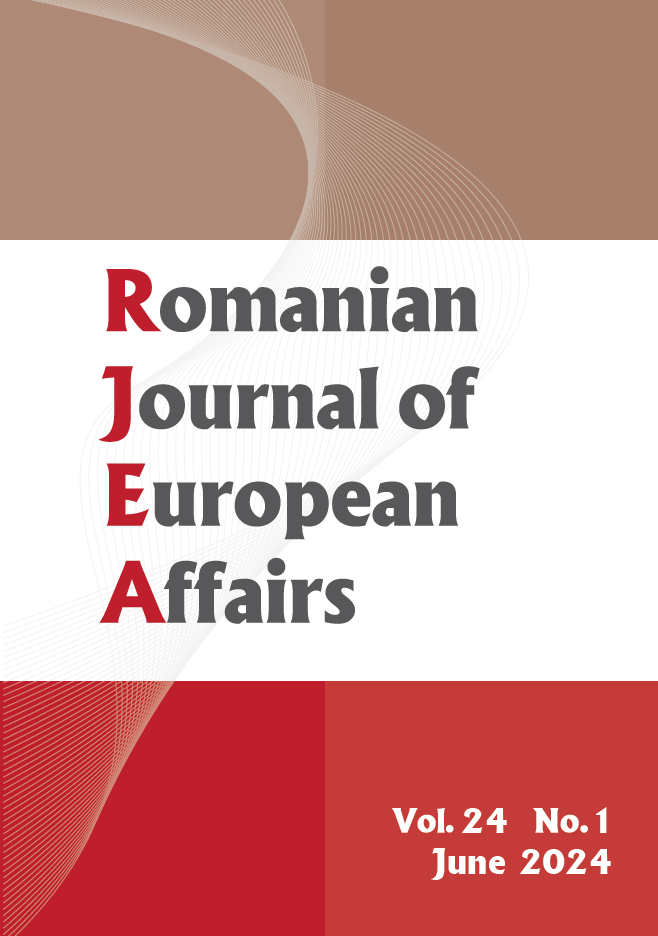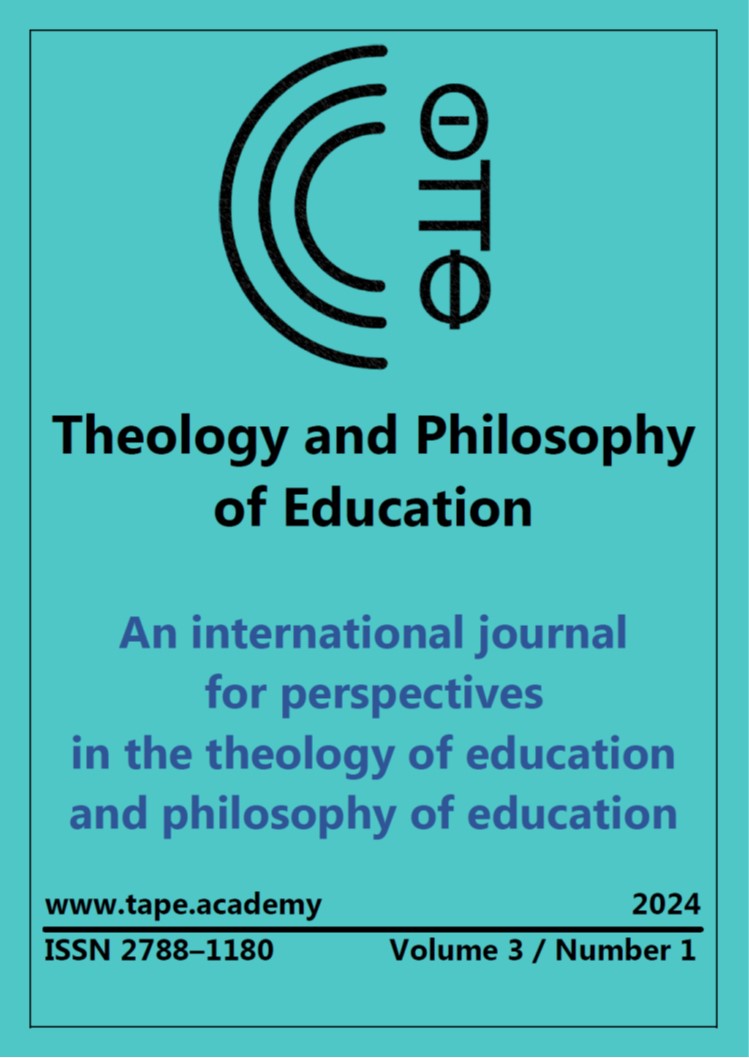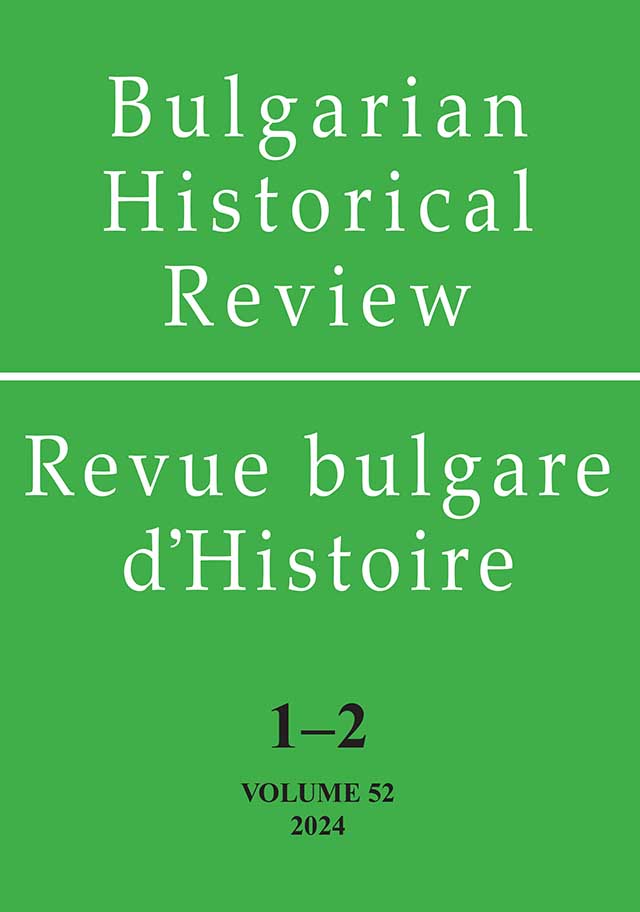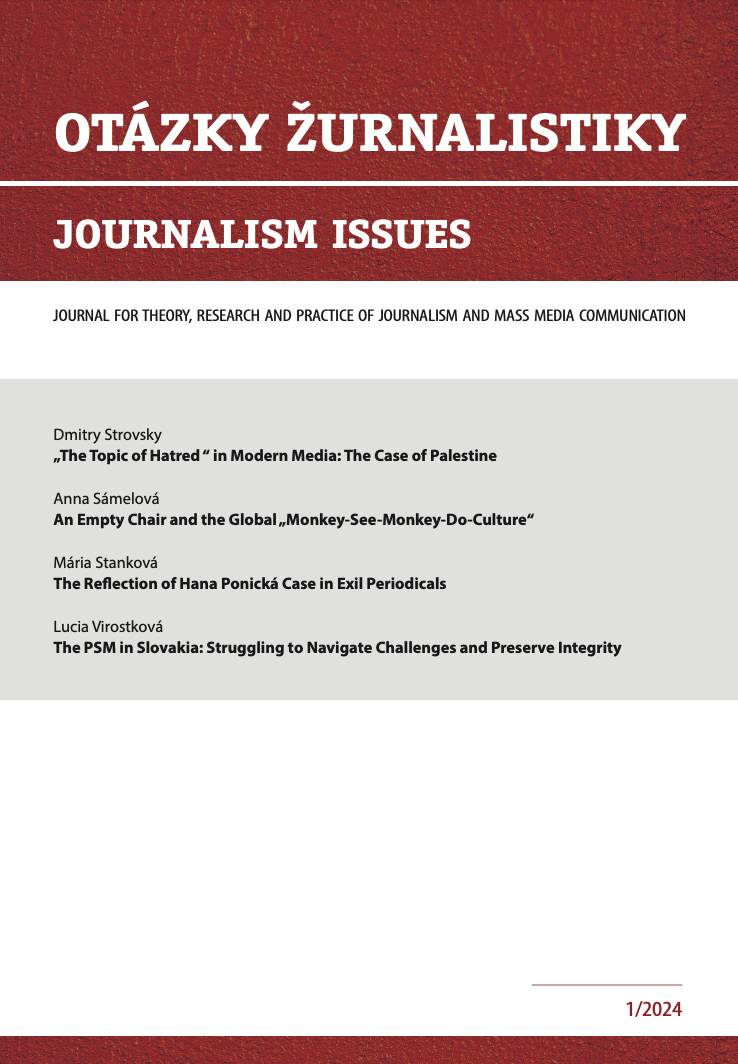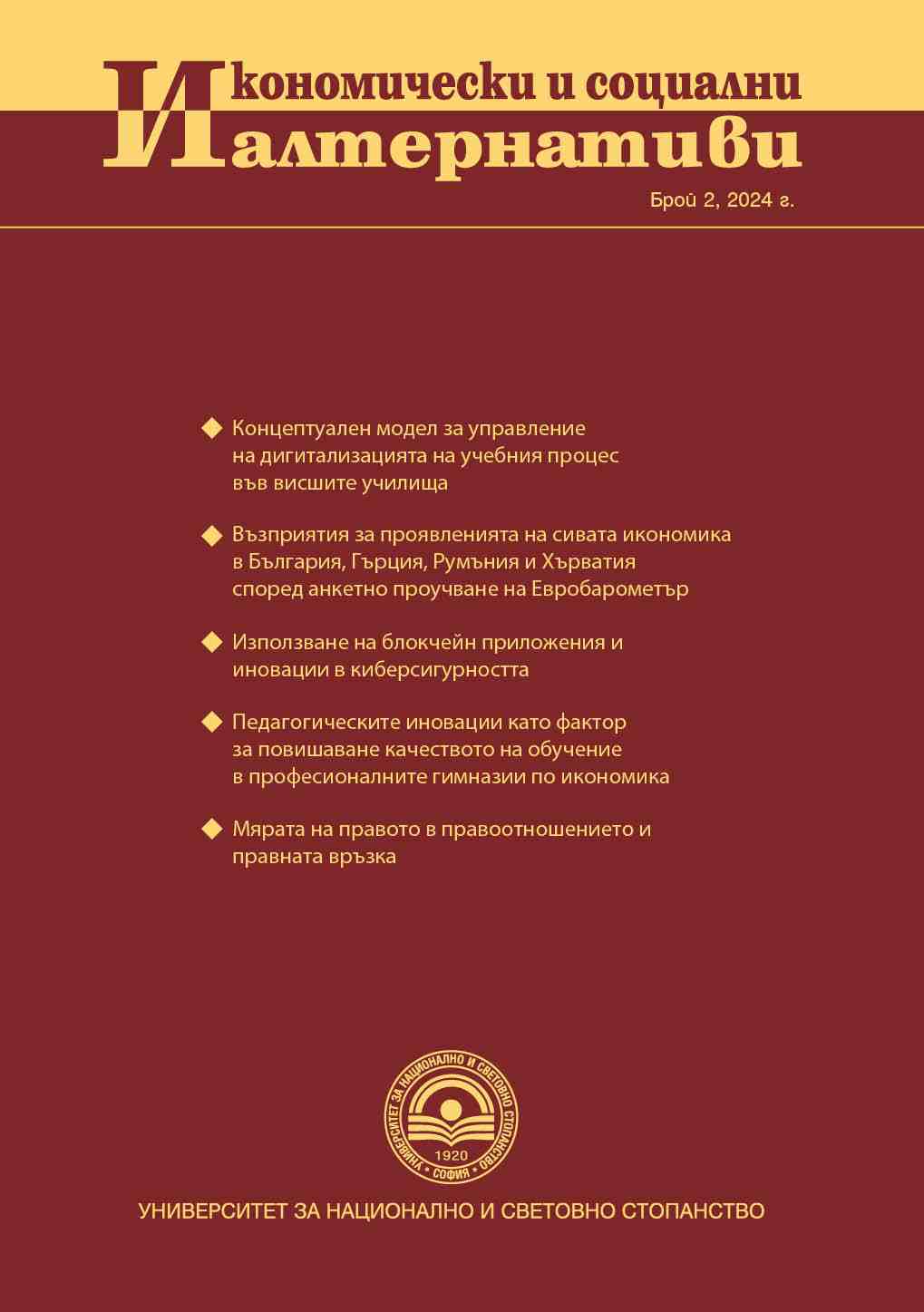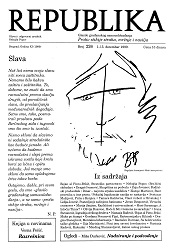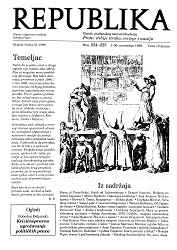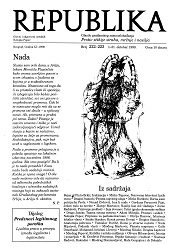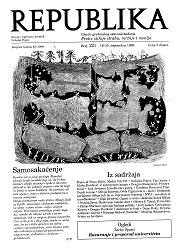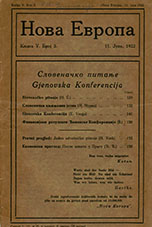
Slovenačko pitanje
Naš pokretač i odlični saradnik, G. profesor Murko, svakako - uz starinu G. Jagića - najugledniji medju živim slavistima, napisao je za »Novu Evropu«, na našu molbu, članak o slovenačkom književnom jeziku, koji objavljujemo u ovom broju. Kao što se vidi, u njemu učeni pisac zastupa gledište, da je slovenački jezik, kao organ slovenačke kulture, nesamo dosad bio članom porodice slovenskih jezika (što izgleda neosporno), već da treba to i da ostane, bar u doglednom vremenu, dok se sve ostale pogodbe i prilike ne izmene na korist i u pravcu ujedinjenja, te se prethodno ne izvrši političko i ekonomsko stapanje i formiranje jugoslavenstva. Slovenci, misli i kaže G. Murko, treba da uče srpskohrvatski, i Srbohrvati slovenački, - kao što uče i druge jezike, pa još i više; ali slovenački i srpskohrvatski jesu dva književna jezika, pa treba to i da ostanu, mešati ih bilo bi pogibeljno, dirati u jezik opasno, jer bi se lako, kaže, moglo stvoriti i neko »slovenačka pitanje«.
More...
